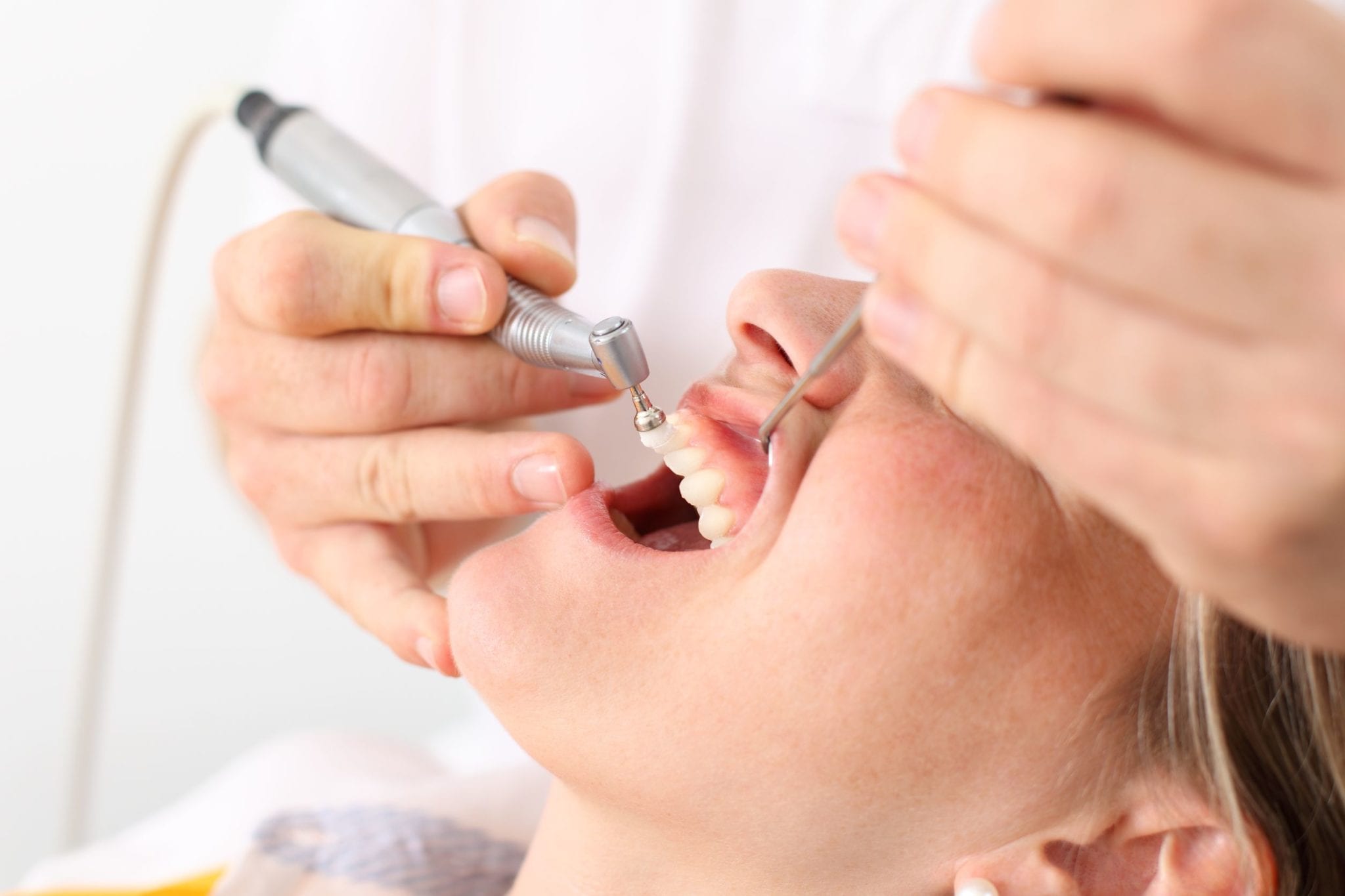
February is American Heart Month. Your heart is at the center of your overall health. You probably know that keeping your heart in shape is a good way to live a long and happy life.
What you may not know is that your oral hygiene can play a major role in your heart health, too! This week we take a look at the links between cavities and cardiovascular disease.
Plaque on Your Teeth? You May Have Plaque On Your Arteries
There are several links between your mouth and your heart. In general, bacteria and infections can cause significant heart problems.
Cavities, gum disease, and other oral health problems can easily lead to bacteria entering your bloodstream. That means that you are more likely to face heart problems if you have poor oral hygiene.
Atherosclerosis Linked to the Health of Your Gums
For example, periodontal disease, otherwise known as gum disease, is a serious risk factor for heart attacks. According to the American Heart Association, people with gum disease are up to three times more likely to have a stroke, heart attack, or other dangerous heart problems.
The current theory is that as gum disease progresses, it opens avenues for bacteria. These pathogens enter your bloodstream directly and pass through your heart.
The arteries around your heart harden and develop plaque in response. This condition is known as atherosclerosis, and it can kill.
Atherosclerosis Resulting from Oral Bacteria
Another rare but life-threatening consequence of gum disease is endocarditis. In this condition, bacteria once again make their way from your infected gums to your heart.
However, with endocarditis, the bacteria make their way into your heart’s lining. This can lead to heart attacks, or the infection can kill on its own.
Gum disease occurs when general oral hygiene is poorly maintained. If cavities are left untreated, they harbor bacteria which can affect your gums.
Similarly, dangerous gram-negative bacteria can thrive on unbrushed teeth and infect gums. It’s a painful condition even when it isn’t leading to heart problems.
Oral Hygiene for Heart Health
You might not be able to prevent a heart attack by keeping up with your oral hygiene, but you can certainly lower your risk. By managing your oral health, you can manage or prevent gum disease, cavities, and other heart health risk factors.
Brush Regularly
Brushing your teeth regularly is straightforward and easy to do. Brush for two minutes, and make sure you gently brush your gums as well as your teeth. This encourages blood flow to your gums and breaks up bacterial plaques.
Floss Daily
Flossing helps as well. It dislodges food that harbors bacteria. It also breaks up plaque that may form close to the gum line. If you’re concerned about periodontal disease, flossing can even indicate when you’re at risk.
Talk with Your Dentist
Gingivitis, the precursor to periodontal disease, causes bleeding gums when you floss. So if you notice that you bleed even when flossing regularly, you should talk to your dentist.
You should visit your dentist for regular cleanings even if you do have a solid daily hygiene routine. Dentists have tools that help clean your teeth more effectively. They can help you manage the early signs of gum disease and keep your mouth healthy.

Cardiovascular health is literally the heart of your overall well-being. Keeping your teeth and gums clean can reduce your heart attack risk by two-thirds. That’s the kind of health benefit that’s worth the effort.






